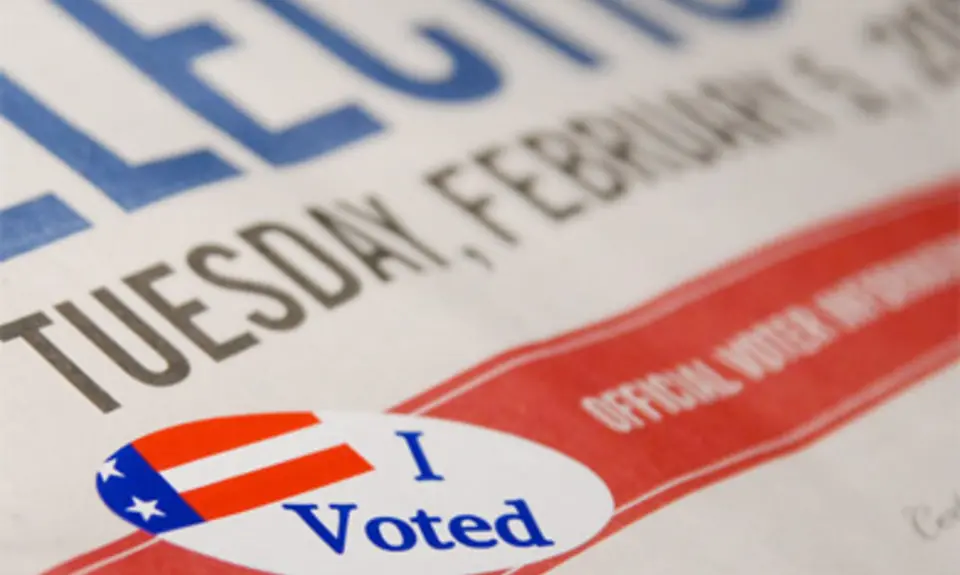Three years after the Supreme Court's ruling in Shelby County v. Holder, with the Voting Rights Act still a shadow of its former self, voters in Maricopa County, Arizona are getting some relief from the long lines that they faced in the primary.
Citing budget concerns and reduced demand, county election officials reduced the number of polling places available in the March presidential primary from the 200-plus used during the 2012 primary down to just 60. Frustrated voters faced hours-long waits and sites that ran low on ballots, or even ran out of them entirely. The Associated Press reported at the time that votes were still being cast past 10 pm at a third of those sites, and that that the last location wasn't able to close until nearly 1 am, despite polls officially closing at 7 pm. The Arizona Republic called the situation shameful.
Last Thursday, voting rights advocates that subsequently filed suit reached an agreement with Maricopa County, signing off on an official Wait Time Reduction Plan that:
[I]ncludes a formula for projecting turnout at each polling place; delineates roles and responsibilities for county officials, pollworkers, and troubleshooters in reducing wait times; outlines a mechanism to effectively respond to wait times should they exceed 30 minutes; and promotes the use of pollworker and voter hotlines for reports of long lines. For the next four years, the Plan will be shared with a network of community groups for feedback before each primary and general election. The Plan will also be included in each iteration of the pollworker training manual. Additionally, both the County and the Secretary of State will publicize the Plan before each election on various social media platforms.
While Thursday's news was welcome, the problems in Maricopa County might not have happened at all had the County's voting changes been subject to the preclearance that was in place before the Supreme Court gutted the Voting Rights Act, or had Arizona secretary of state Michele Reagan intervened in the VRA's absence.
Hopefully everything will go smoothly in Maricopa County this November. Still, voters there and across the country should be prepared with what they need to know to vote and what they need to do if they have a question or if something goes wrong.
